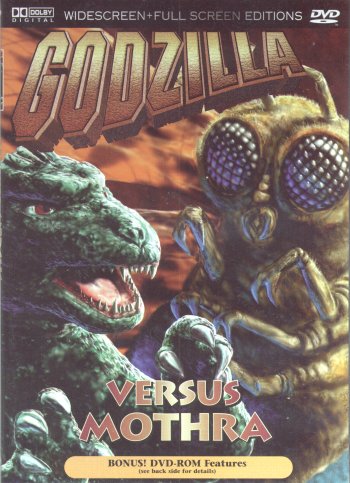
Current Federal Communications Commission rules prohibit newspapers from owning television stations that broadcast in their local market area. Policy wonks use the term “cross-ownership” to describe this ban, and for the second time since 2002 this cross-ownership ban is under review. A recent article by USA Today media reporter David Lieberman takes what amounts to a Godzilla versus Mothra view of the debate over whether the FCC should lift or maintain this ban.
In essence, Lieberman paints a picture in which local newspapers and, to a lesser extent, television stations gather virtually all local news. The owners of these mass media argue that their real competition now comes not from each other but rather from Internet sites that scrape their content, aggregate the top headlines for reader convenience and sell ads around this service of compiling that which print and broadcast journalists have written.
Media reformers, on the other hand, view the cross-ownership ban as the last bulwark of what had been the regulatory regime that the FCC had traditionally enforced in return for giving broadcasters valuable slices of what the Federal Communications Act of 1934 described as the public airwaves.Â
Are New Deal-era rules relevant in the cyber-century? Do citizens have a stake in the cross-ownership debate?
USA Today summarizes the owners’ view of the debate in this paragraph quoting Newspaper Association of America CEO John Sturm:
“The amount of local TV news “is trending down, not up,” Sturm says. “The only prospect for more local news on local television is for newspapers to be able to own those stations. Every other broadcast ownership regulation the FCC has had since the 1970s has been modified or eliminated. This is the only one that hasn’t changed.”
Lieberman, the USA Today reporter, offers the countervaling view in this snippet in which he writes:
“Those who want to keep current restrictions argue that it’s dangerous to be dazzled by Internet hype.Some 82% of adults in a 2006 survey commissioned by the Consumer Federation of America and Consumers Union said that they still primarily get information about their communities from daily and weekly newspapers and TV and radio stations.”
I’ve spent the last two years in this blog wondering out loud who or what is going to pay journalists when web news sites offer what mass media outlets (like the one for which I write) serve up our content for free.
Alas, I am no closer to an answer than when I started. For instance yesterday I distilled the results of a survey that proved what we already knew — online sites repackage content they don’t create it. Will they become news gatherers as they grow and mature? That’s as big an unknown as whether mass media would really serve up more local news if the FCC lifts the cross-ownership rule or just fire more newsgatherers and pocket the profits.
And while I am a believer in and advocate of citizen journalism, last week I blogged about a separate survey that demonstated the correctness of another widely held surmise — that these home-grown media sites are shoestring operations and labors of love. Will they supply the missing local coverage? I hope so, but at this point to believe this requires a leap of faith.
The young folks who are re-writing the rules of media at Internet startups like YouTube are certainly full of themselves; if you’ve not already done so, amuse yourself with a peek at the Googlezon Epic (a predictive, pseudo-documentary that chronicles the triumph of the online over newspapers).
Meanwhile, old media farts like me live in fear that our paychecks and paid health plans will end up as the collateral damage of the transformation of the news gathering and delivery industry. What can I say, except to observe that when Godzilla battles Mothra, surely the people of Tokyo must tremble.